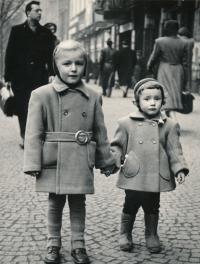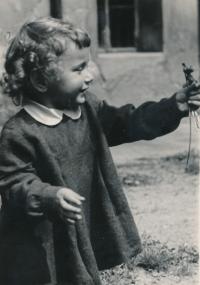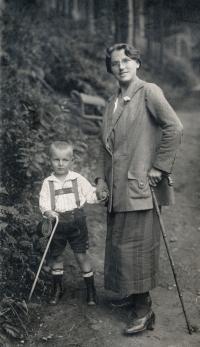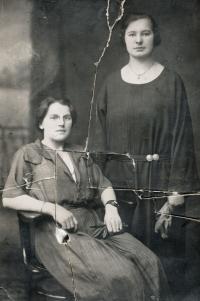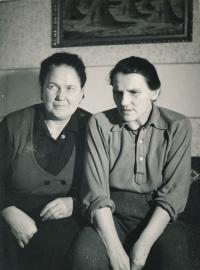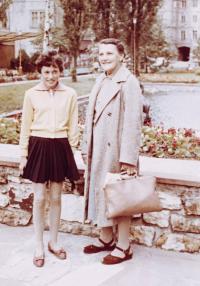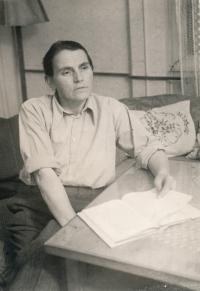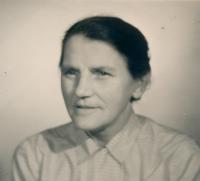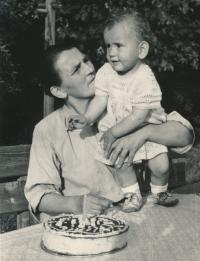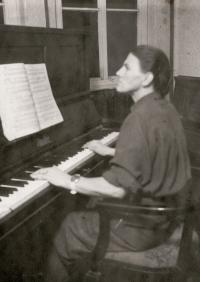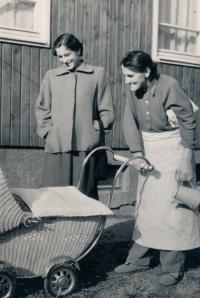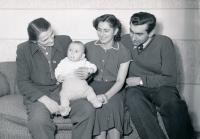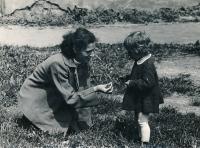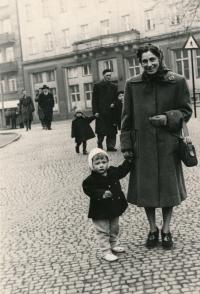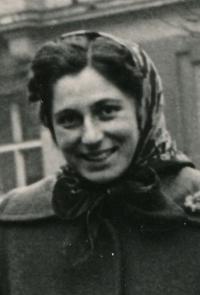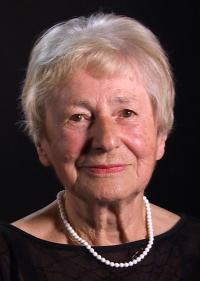Mum was a rather defiant person and spent some time in solitary confinement

Download image
Marie Husová, née Kalfusová, was born on 23 August 1927 in Bystřice near Benešov. Her father had spent most of the money from a family farm on drinking and her mother had to work hard to make ends meet. When she was ten, Marie moved to Vlašim with her mum, who worked in the local ammunition factory. The family house was used as a shelter for relatives displaced after the 1938 Munich Agreement. Marie’s father died of a terminal disease in 1942 and was buried in Prague. After the war, Marie and her mum moved to Litvínov. Her mother Anna Kalfusová found a job in a lodging house, Marie worked in the Labour Office where she was in charge of employment in Stalin’s Plants. There, she got to know her future husband Stanislav Husa. They got married in 1951, she gave birth to a daughter Alena and they were able to rent a house in Litvínov. In 1954, her mother was sentenced to eight years in prison for high treason because she helped people cross the border to Germany. Her husband Stanislav was also tried and for helping people escape the country sent to forced labour at the Jáchymov uranium mines. He was released two and a half years later. The family then spent several years living at Stanislav’s mother in Prague before finally building a house of their own in Suchdol. Anna Kalfusová moved in with them following her release in 1959. She passed away in 1992.
